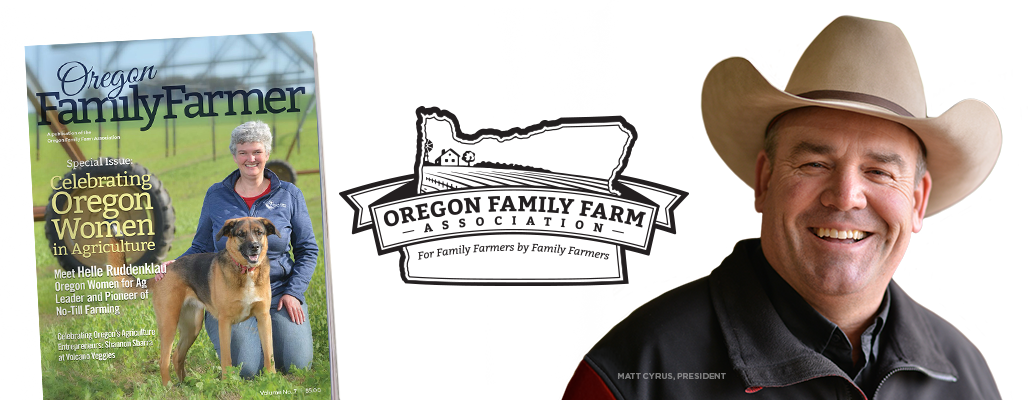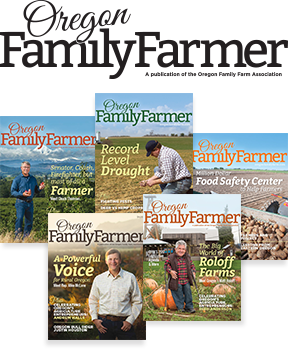Storm Damage At Famous Farmhouse
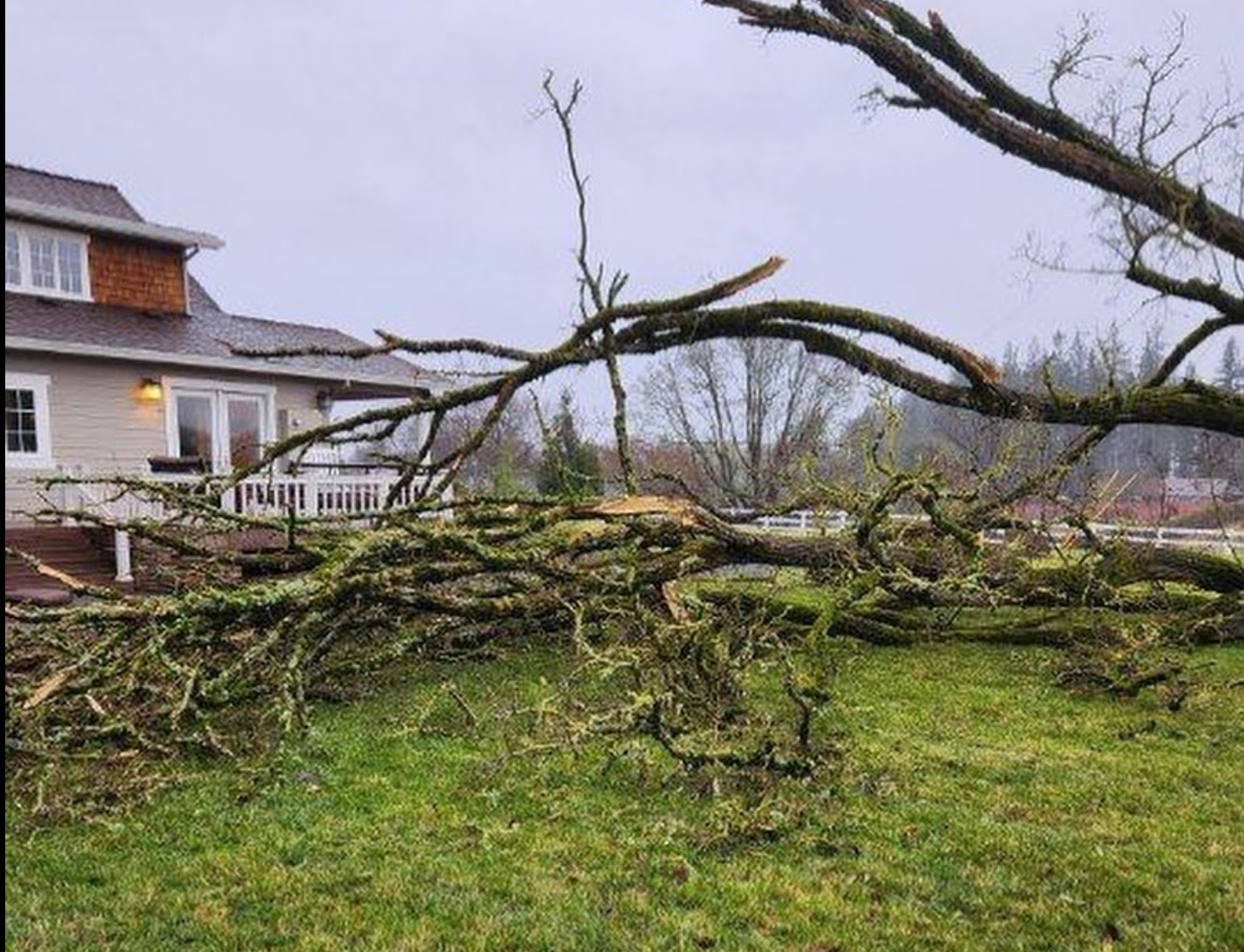
By Oregon Family Farm Association,
Between Christmas and New Year’s Day, heavy winds following a severe ice storm caused an enormous tree to topple and nearly strike one of Oregon’s most famous farmhouses.
Avian Flu Present In Most Counties

By Oregon Family Farm Association
A highly contagious avian flu has killed thousands upon thousands of migrating snow geese, bald eagles, hawks, owls, and other wild birds as well as domesticated chickens and ducks throughout Oregon in one of the deadliest outbreaks in years.
Actress Kristie Alley Had 353 Acres Of Oregon Farmland
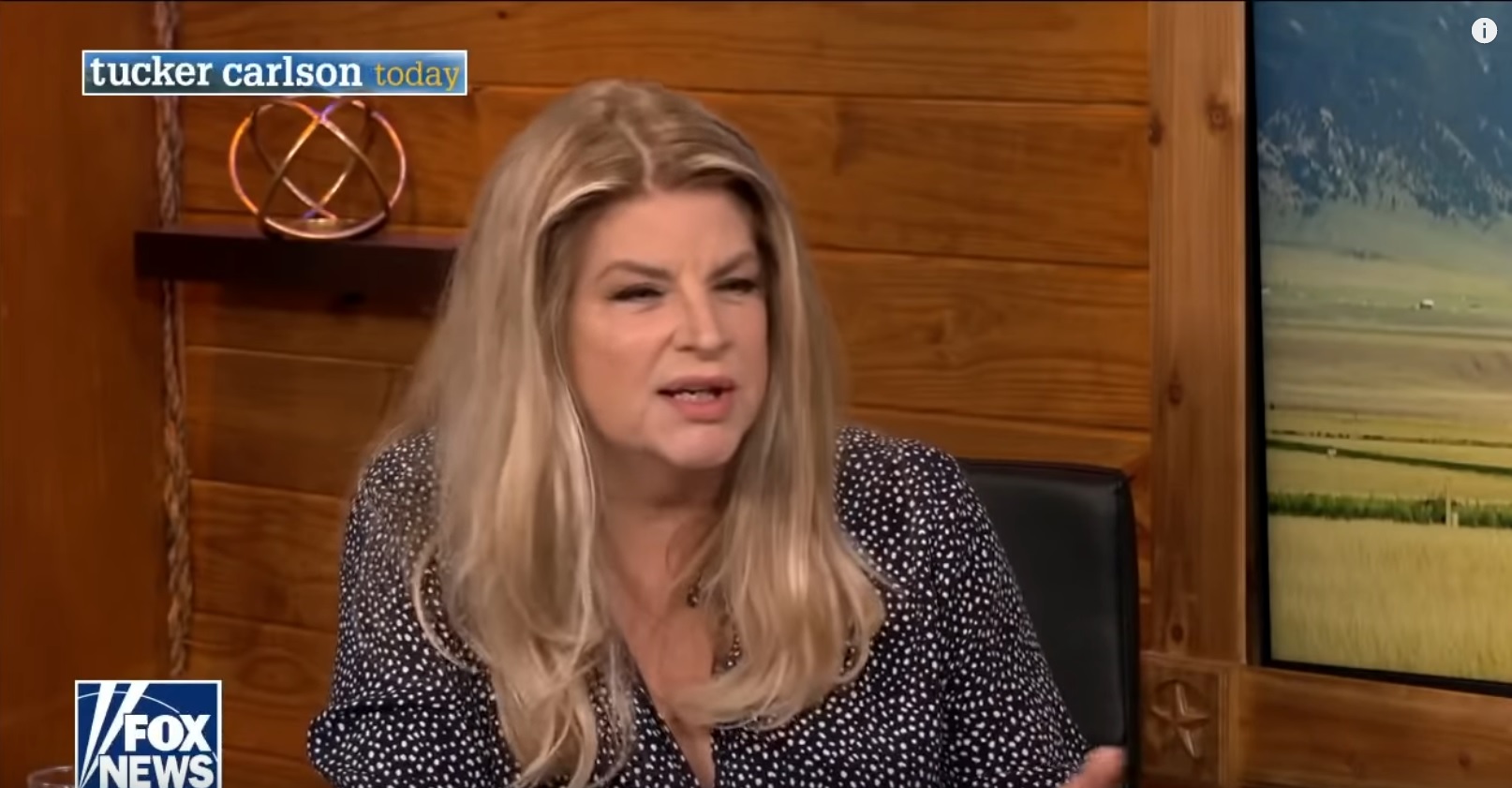
By Oregon Family Farm Association,
When sitcom actress Kirstie Alley recently died of cancer at 71, Jackson County in Southern Oregon lost one its largest landowners as the former “Cheers” star owned more than 353 acres on the Upper Applegate Road, according to the Mail Tribune.
Oregon AG Exports UP 25%
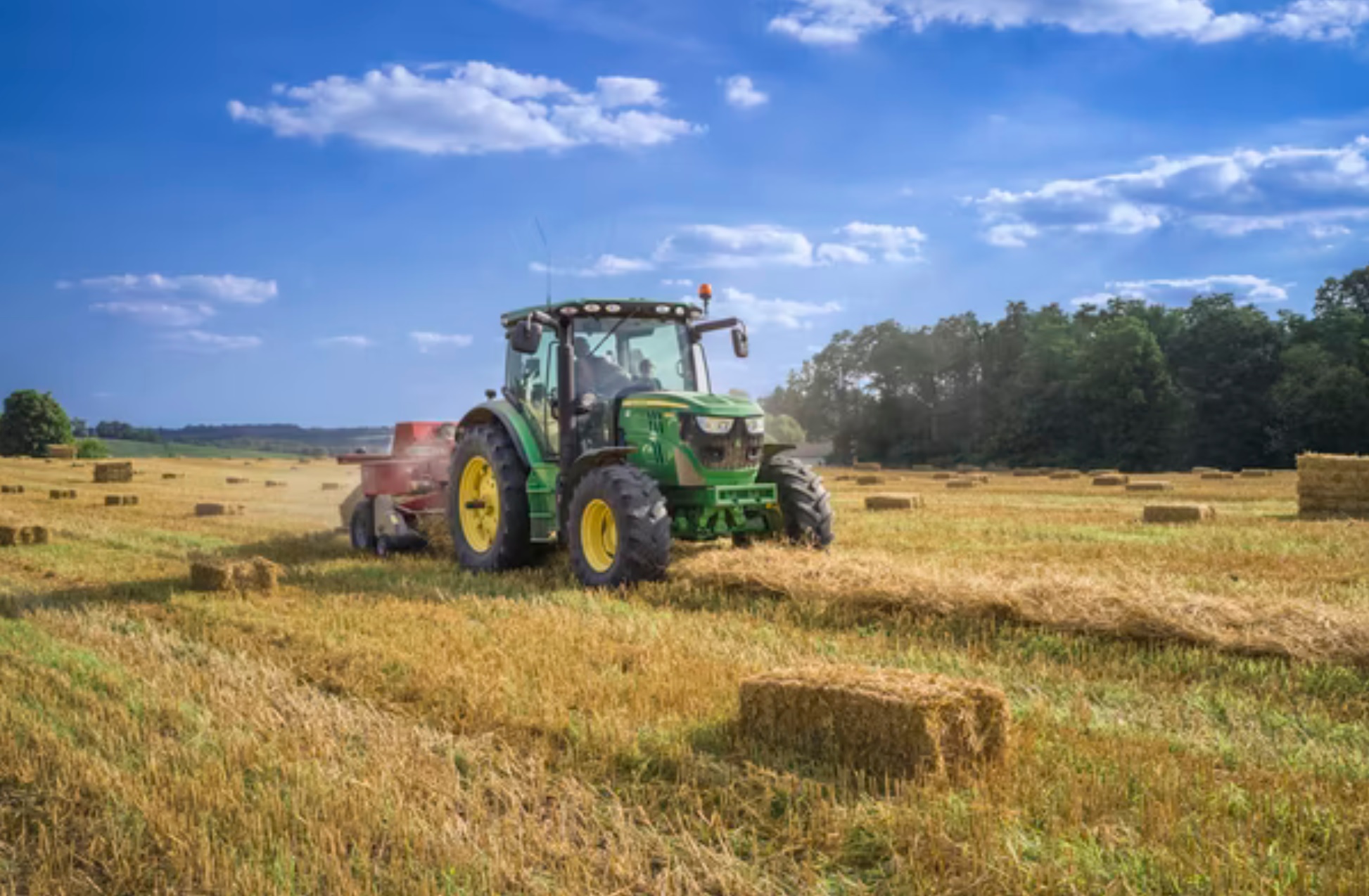
By Oregon Family Farm Association,
Exports of agriculture from Oregon farms increased 25 percent during the past six years, according to an Oregon State University economic analysis report.
Record Rainfall Helps End Most Oregon Wildfires

By Oregon Family Farm Association,
Although record-breaking September rainfall has curbed much of the danger from wildfires, the moisture proved too little for dry drought-damaged communities in eastern and southern Oregon, according to the Oregonian/Oregon Live.
New Federal Rules Get Tighter On Local Hemp Farmers

By Oregon Family Farm Association,
Oregonians growing hemp in Oregon will find themselves operating under more stringent rules in 2022 as the state Hemp Programs comes under rules established by the U.S. Department of Agriculture.
Wildfire Smoke Cause 29% Grape Harvest Drop
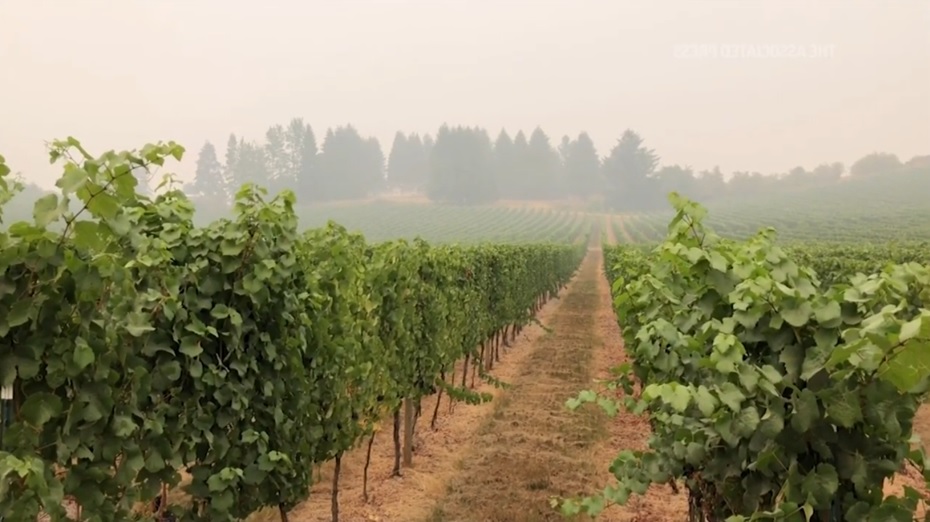
By Oregon Family Farm Association
Oregon vintners in 2020 harvested its smallest crop of grapes in seven years and saw production and sales drop accordingly.
150 Year Old Farm Swept Into Water Rights Battle
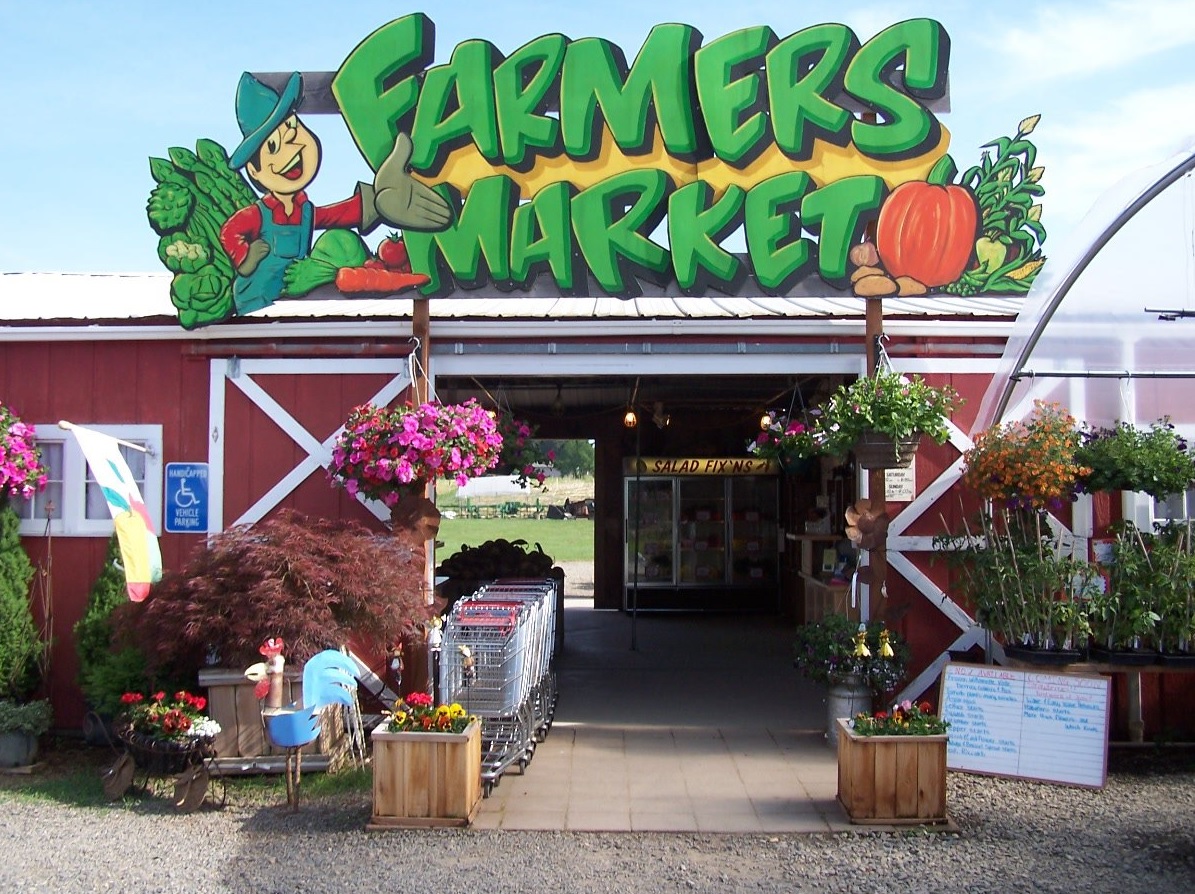
By Oregon Family Farm Association,
His family has farmed in Clark County for 150 years, but now that livelihood is threatened after the Washington State Department of Ecology denied Bill Zimmerman’s application for farm water rights.
Family Farmers To Be Hit With New 17% Oregon TAX
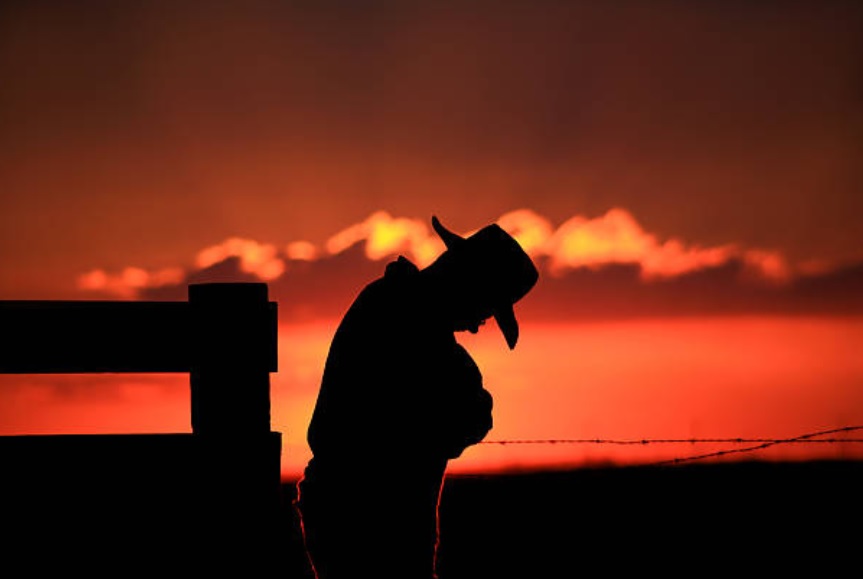
By Oregon Family Farm Association
It is outrageous that the only tax increase the Oregon Legislature may pass in the 2021 Session is a tax on the smallest family-owned businesses like family farms.
Still Farming: Kevin Schurter of Willamette Valley Quinoa
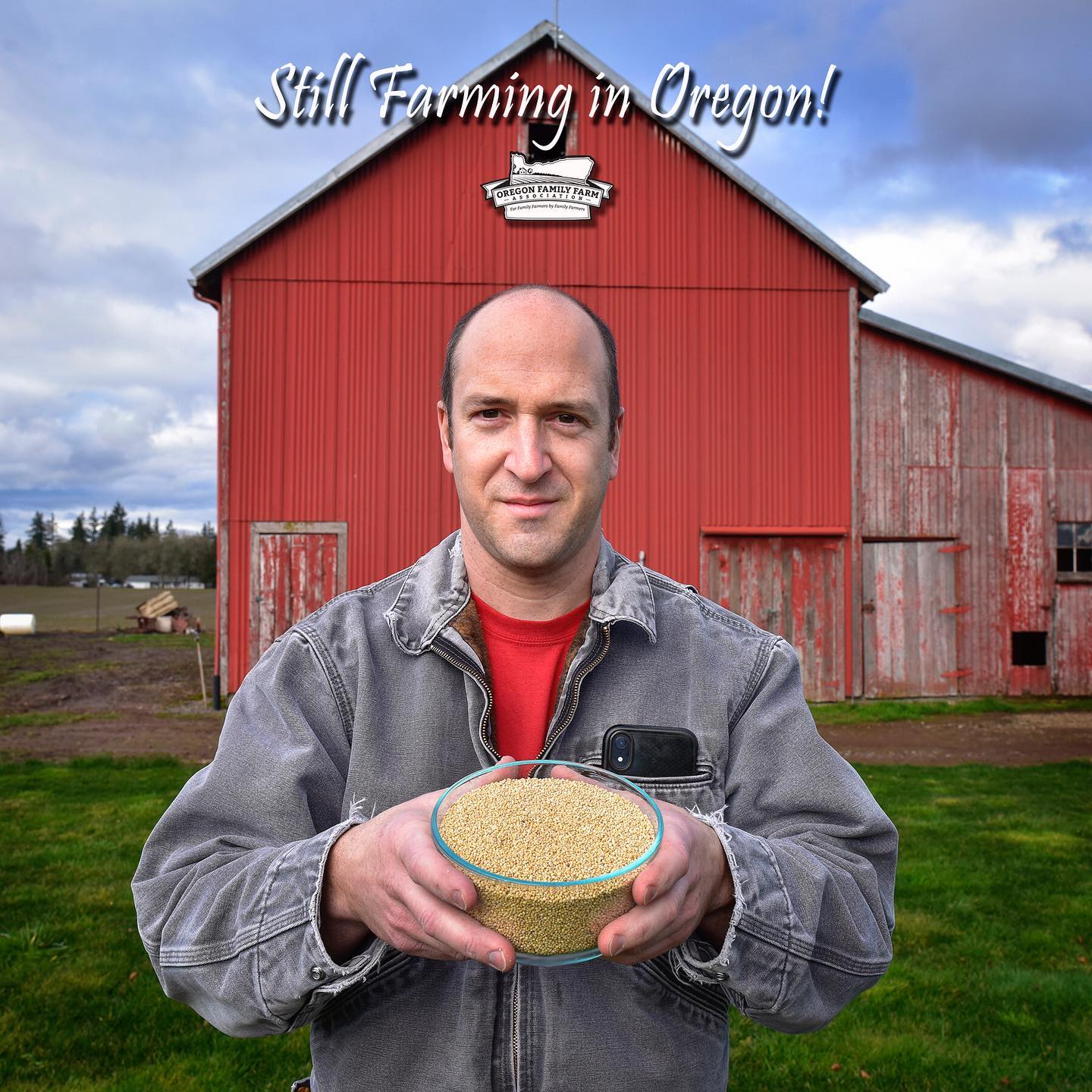
Quinoa (pronounced: keen-waa) is an annual plant grown as a crop mainly for its edible seeds. The plant originally was used to feed cattle and then more recently it was used for human consumption in Peru and Bolivia over the last 3 to 4 thousand years.
